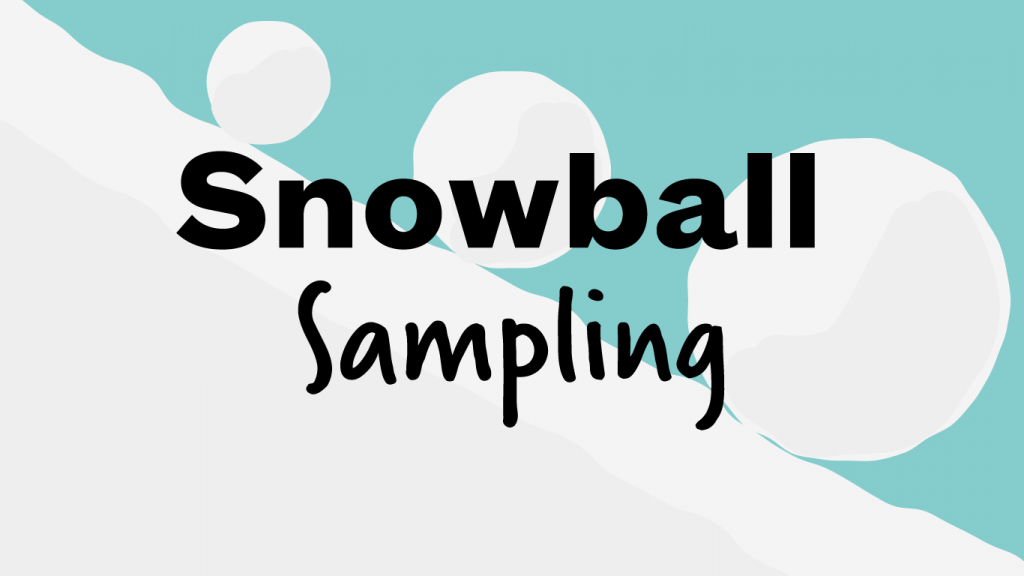Stop. Collaborate and listen! Working with clients to find research participants

Here at dxw we recently completed a discovery project for NHS Jobs. In this project we wanted to know how people currently used NHS Jobs and what they needed in a recruitment tool.
Finding people who use NHS Jobs was simple in some cases, and tricky in others. We identified three main user groups: job seekers, recruitment staff and NHS line managers who shortlist and conduct interviews.
It wasn’t difficult to find job seekers because the NHS is the world’s fifth largest employer. Between the dxw staff we could find people from our personal networks who then in turn could suggest more people we could talk to. This method of participants referring participants is commonly known as snowball sampling.
However, the other two user groups would be difficult for us to recruit for on our own. Luckily, those working with us on the client side were open to putting us in touch with recruitment staff and line managers.This was something we discussed with the Department of Health/NHS team when we started working with them, so they could have a head start in compiling a list of people for us to talk to within the NHS.
We had a few criteria for participants that they also shared. We wanted participants to be from a variety of geographic locations and a variety of NHS organisations. This was so we could find how user needs differed among different trusts and different roles being recruited.
At dxw, we ask our clients to take responsibility for finding the initial user research participants. In most cases this makes sense because we’re building services for them, and they’re likely to already be in contact with people we need to speak with or observe.
A few tips for good collaboration on research recruitment:
- Set up a shared file that both researchers and clients can access to add and manage contacts. We use a Google spreadsheet, shared only within the project team.
- Include space in the shared file for the researcher to note when they’ve made contact and scheduled time with the participant.
- If you’re suggesting someone for a researcher to talk to, make sure you’ve cleared it with them beforehand so they’re expecting the researcher’s call or email.
- Don’t tell a referred participant too much about what’s expected of them. We want the participant’s honest needs and thoughts.
- Make use of opportunities to attend a session with a researcher. It’ll help you gain first-hand experience and empathy for the user.
We haven’t gotten this collaborative research participant recruitment process perfect yet. In our NHS Jobs Discovery retro, we discussed ways we could do this better to make sure every user group’s needs are heard.
We’ve iterated our process and this recruitment method has worked really well on a number of other projects, giving us access to more users as we went along, prioritised findings and uncovered new user groups. We’d love to hear about how other teams have approached this.